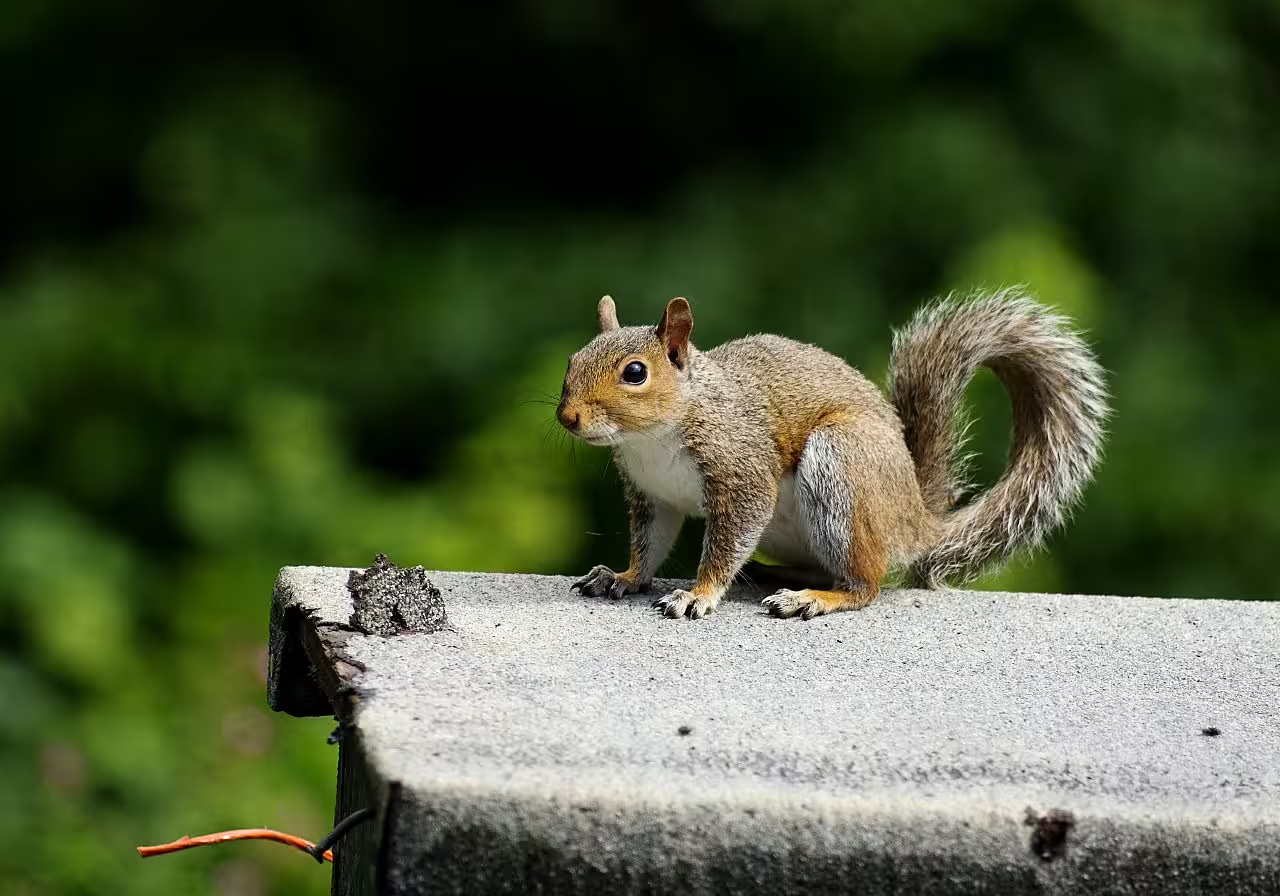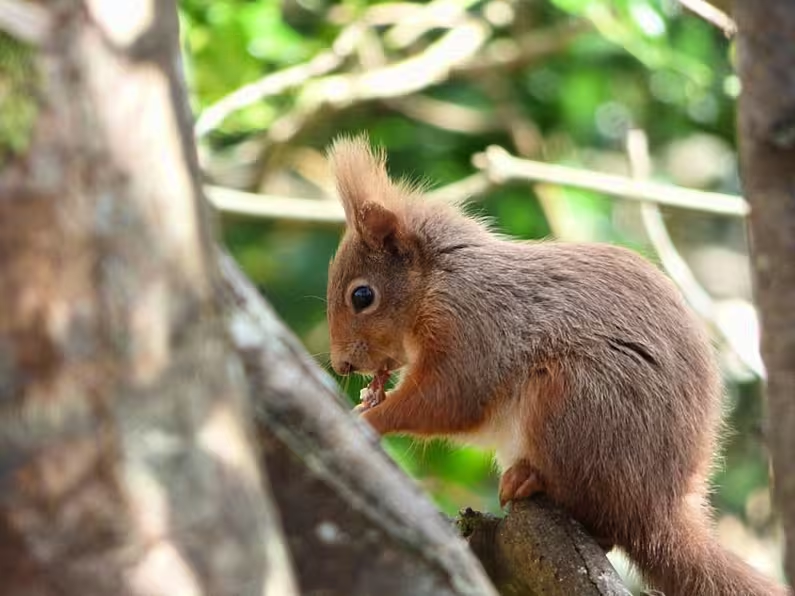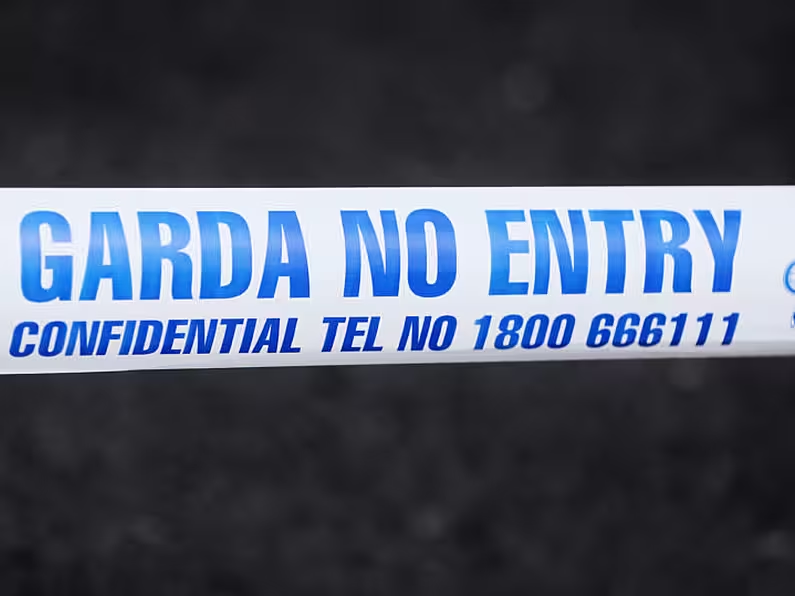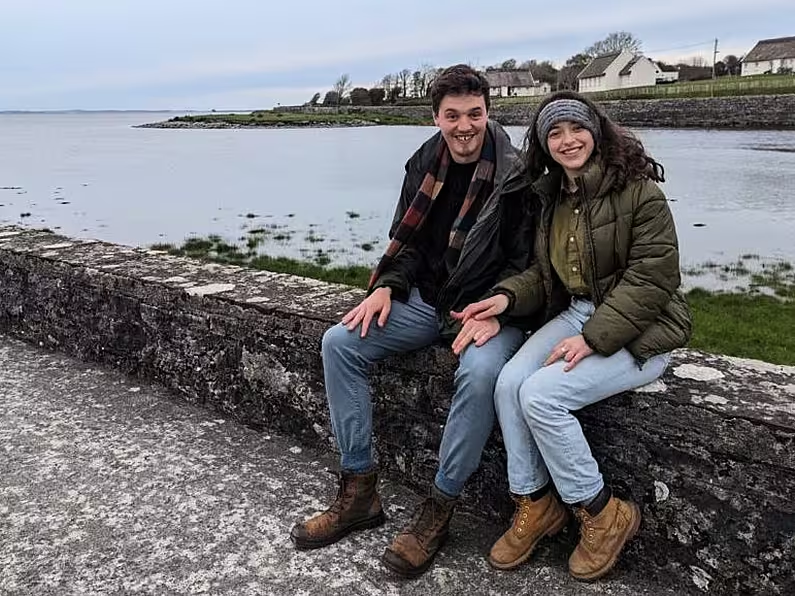Waterford is one of seven urban areas in Ireland where research is taking place on reviving the red squirrel.
NUI Galway is asking for public support as the battle for the revival of the species moves to the streets, parks and gardens of cities across the island of Ireland.
The Urban Squirrel Survey, led by the University, is on a quest to find out more about the urban squirrel population, both the native red species and its rival, the invasive grey squirrel.
During the course of 2022, the survey is looking for information on squirrel sightings. As well as in Waterford, the research will focus on Dublin, Belfast, Cork, Derry, Limerick, Galway.
Grey squirrel causing problems for its red counterpart

Since their introduction to Ireland in 1911, the grey squirrel has caused a number of problems for the red squirrel.
The larger greys, which out-compete the reds for food and pass on a fatal disease to them, began to displace the red squirrel in many parts of the island of Ireland.
However, in some rural areas, the recovery of the pine marten, a native predator which predates on the larger, less vigilant grey squirrel, has contributed to the recovery of the red squirrel.
Urban areas not helping the red squirrel
A number of surveys have shown the recovery of the red squirrel.
However, recent studies suggest that urban areas may act as a refuge for the grey squirrel, which may hinder red squirrel re-establishment in towns, cities, and urban parks.
The survey by NUIG
The survey will be carried out by NUI Galway PhD researcher Emma Roberts and Dr Colin Lawton, researcher with the Ryan Institute in NUI Galway and lecturer in Wildlife Ecology and Conservation Biology in the University’s School of Natural Sciences.
It is being run in collaboration with the National Biodiversity Data Centre, a programme of the Heritage Council.
Emma Roberts said: “With the spread of urbanisation, parks and urban green spaces are becoming important habitats for squirrels. B
More information can be found on the survey Facebook, Instagram and Twitter (@urbansquirrelsurvey) or you an email [email protected]. The online survey can be found here.














